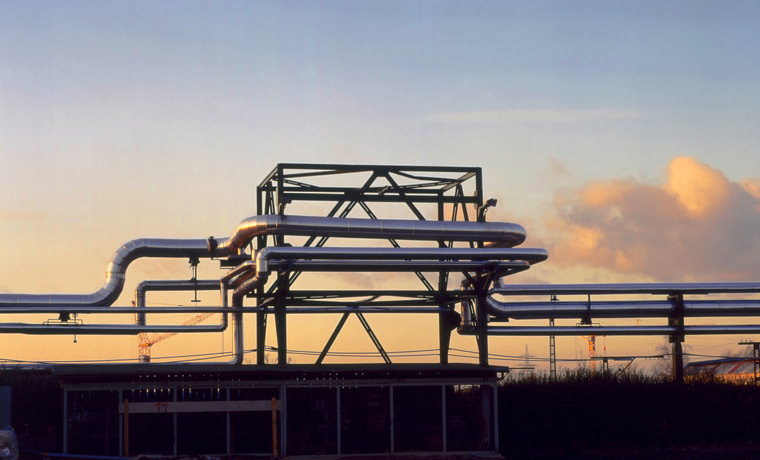
A series of deadly natural gas pipeline explosions and fires that devastated several Boston, Massachusetts suburbs last week has brought new scrutiny to proposed safety regulations that have stalled under the Trump Administration.
The September 13th disaster left a teenage boy dead, injured dozens of others, and destroyed at least 39 homes in the towns of Lawrence, Andover, and North Andover.
Thousands were evacuated, and 18,000 people lost power at one point.
Investigators Focus on Underground Regulator, Pressure Increase Prior to Explosions
It’s not yet known what triggered last week’s catastrophe along natural gas lines owned by Columbia Gas.
However, investigators with the National Transportation Safety Board have noted that the first blast occurred while an underground regulator — a device that measures pressure levels and then adjusts gas flow — was attached to a gas line that was being capped off and taken out of service.
A Columbia Gas controller who was working at a console in Columbus, Ohio, also noticed a rise in pressure at a pipeline near Lawrence sometime before the first explosion, though it’s not clear exactly when.
Trump Administration Wages War on Regulations, Including Pipeline Safeguards
Since President Trump took office in January 2017, his administration has worked to block, eliminate, or weaken scores of regulations intended to protect workers, prevent fatal bus and truck accidents, and reduce the risk of catastrophic plant, refinery, and pipeline explosions.
For example, the U.S. Department of Transportation’s Pipelines and Hazardous Materials Safety Administration (PHMSA) – the agency tasked with inspecting the country’s vast pipeline network, as well as issuing and enforcing regulations to keep that network safe – recently proposed eliminating the current classification system that requires pipeline operators to take extra precautions in high-density population areas.
In its place, the PHMSA has proposed allowing pipeline operators to conduct their own risk assessments and decide for themselves what extra safety measures – if any – are needed.
Pipeline Company at Center of Boston Disaster Has Worked to Block Stronger Regulation
The PHMSA also recently blocked an Obama-era proposal that would have regulated pipelines in modestly populated areas for the first time.
According to Bloomberg News, that measure was strongly opposed by industry groups, including the American Petroleum Institute, which estimated that the rule would cost pipeline owners as much as $33 million.
NiSource, Inc., the parent of Columbia Gas, is one of a number of pipeline operators that have worked to block proposed rules governing pipeline inspection, corrosion monitoring, and leak reporting.
“We have been pushing for more regulations for years and there has been some huge regulations in the works but for some reason they have been stalled,” Carl Weimer, executive director of the Pipeline Safety Trust in Bellingham, Washington, told Bloomberg News.
“The industry does a whole lot to slow these things down.”
Contact Our Undefeated Pipeline Explosion Lawyers for a Free Consultation by Calling 1-888-603-3636 or CLICK HERE
Having won over $1 Billion for more than 1,000 workers in Texas, Louisiana, and the United States who were injured or tragically killed in connection with the worst plant, refinery, and pipeline explosions in recent memory, our Undefeated Pipeline Explosion Lawyers have the experience, knowledge and resources to ensure that our clients and their families are fully compensated for all their injuries and losses.
If you or someone you love was injured in connection with a pipeline explosion or accident, call 1-888-603-3636 or Click Here to send us a confidential email via our “Contact Us” form.
All consultations are free, and because we only represent clients for a contingency fee, you’ll owe nothing unless we win your case.